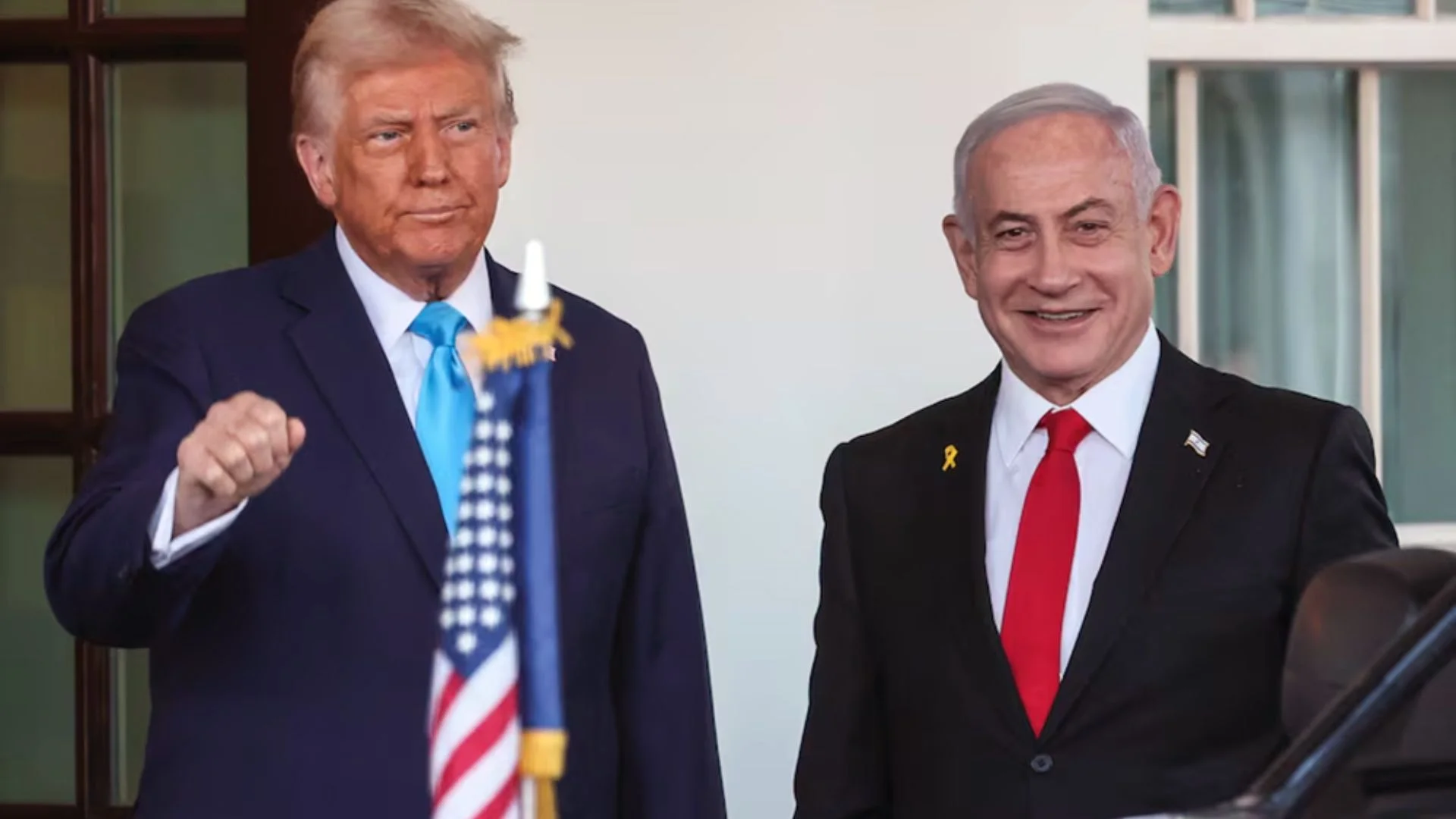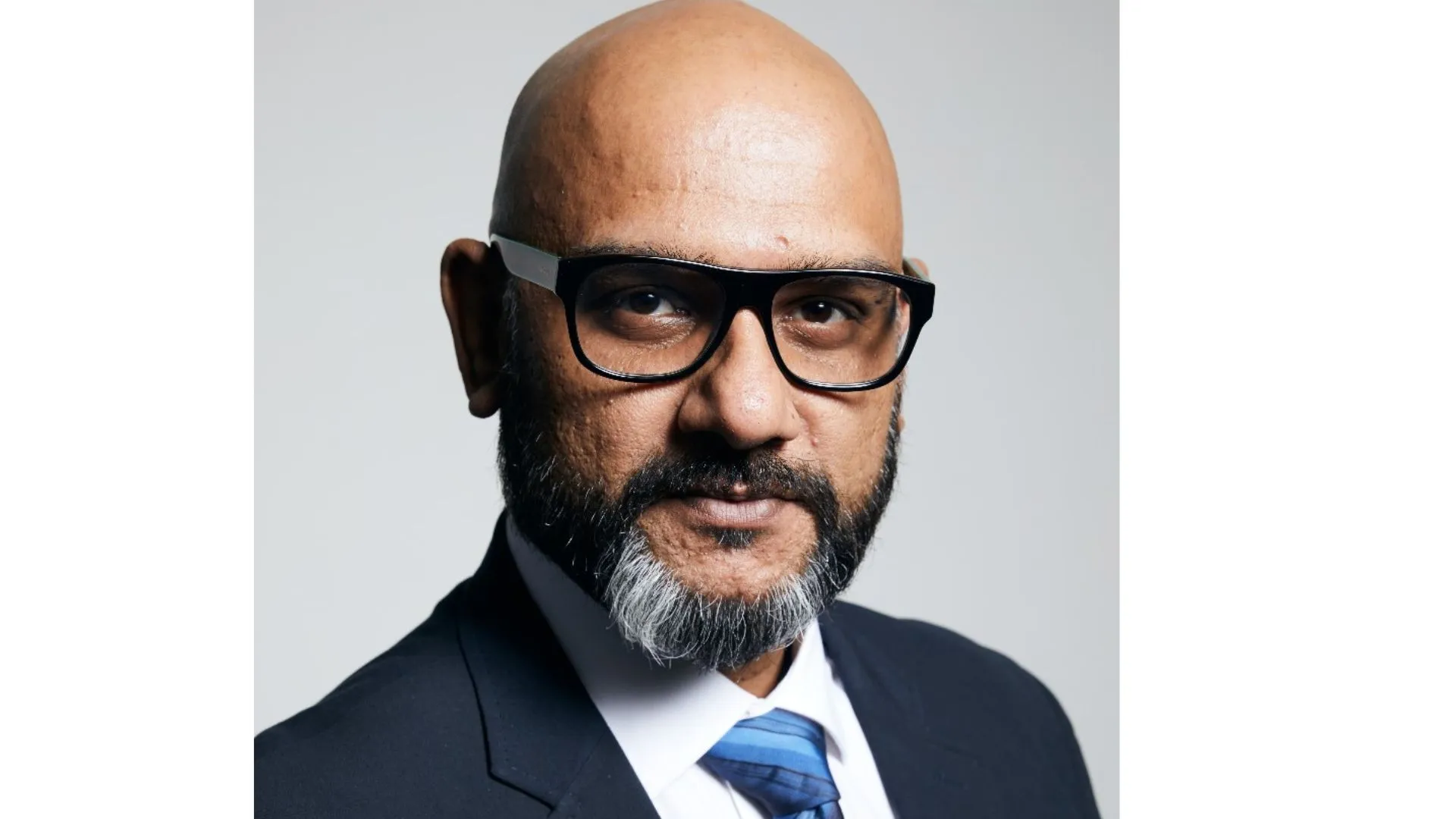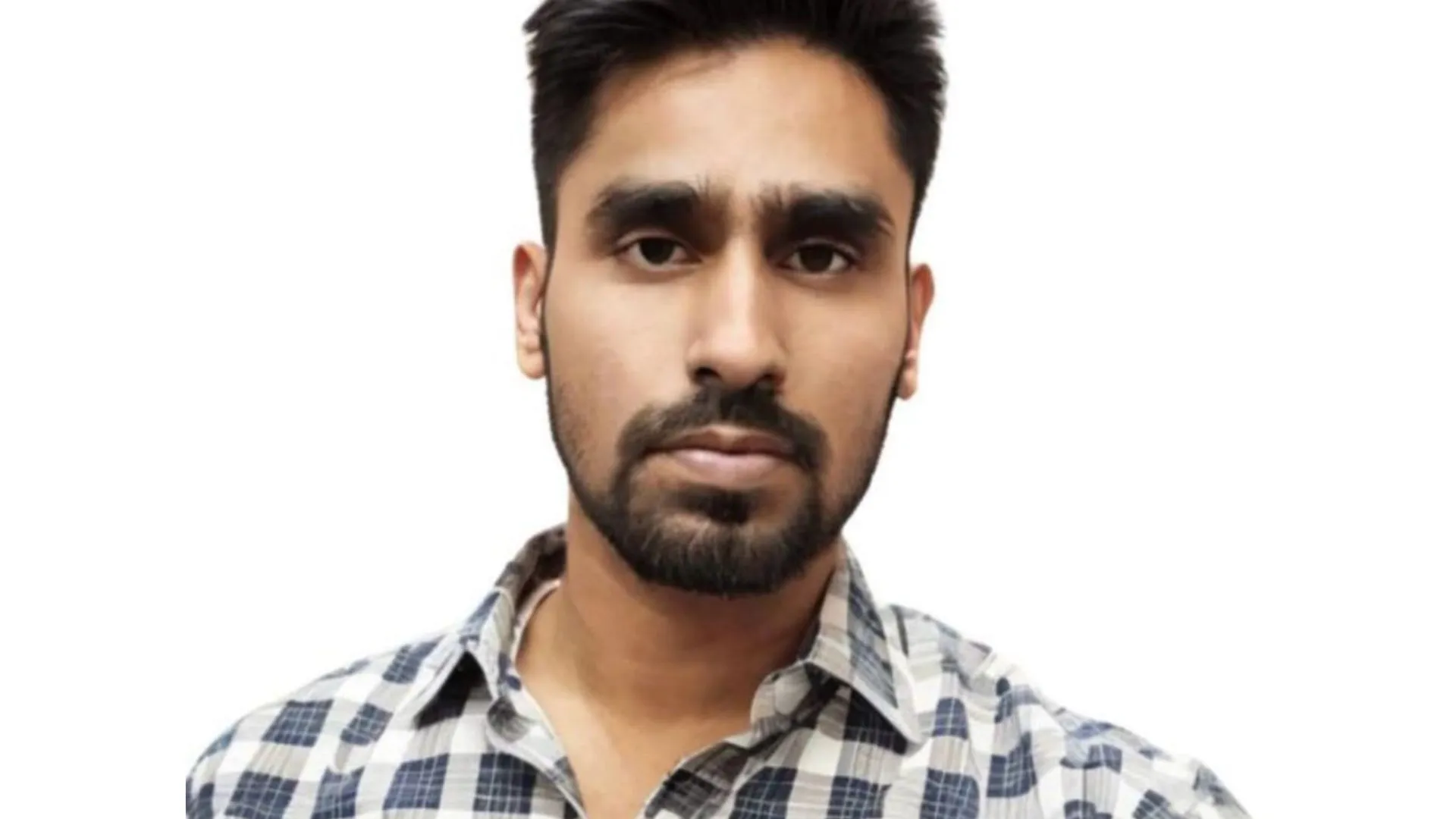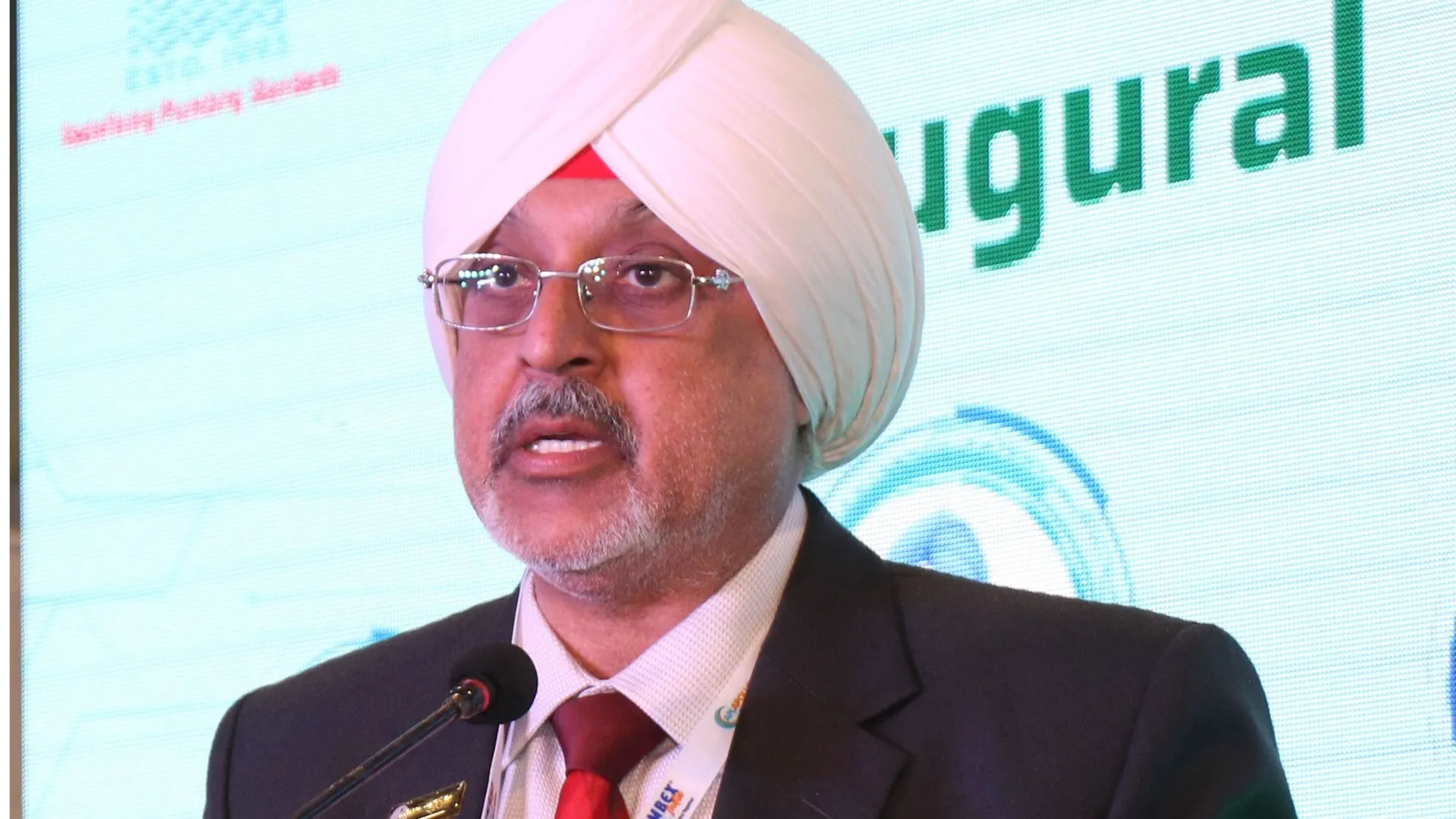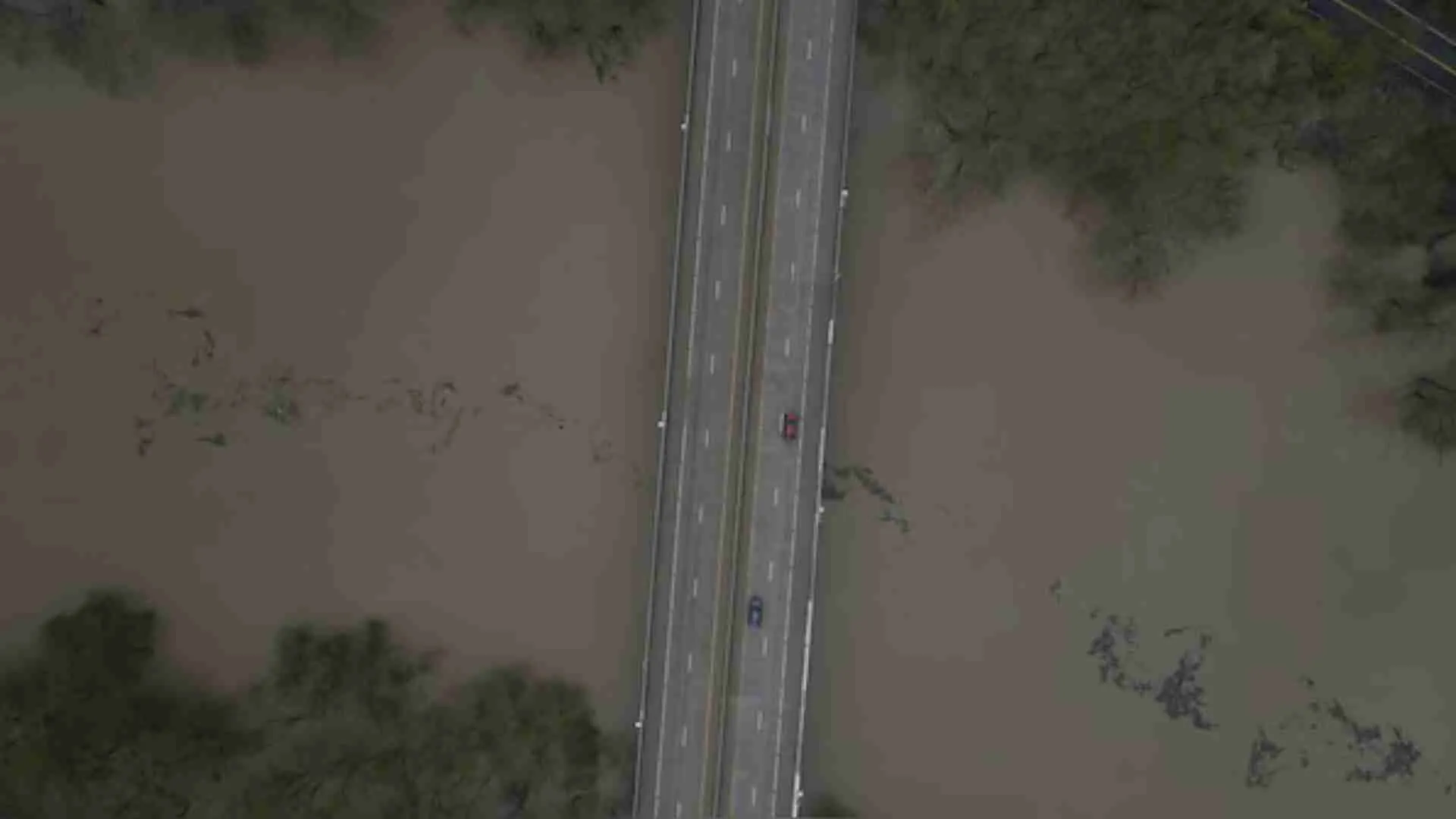Estonia, a small Baltic state and NATO member considers itself a front-line defense against Russian aggression. Amidst the ongoing war in Ukraine, its border guards face the Russian fortress of Ivangorod across the Narva River. Formerly part of the Soviet Union, Estonia is convinced that once the conflict in Ukraine ceases, President Vladimir Putin will shift his focus to the Baltics, aiming to bring countries like Estonia back under Moscow’s control.
In anticipation of this threat, Estonia’s government has significantly supported Ukraine’s war effort, contributing more than 1% of its GDP in military aid. Prime Minister Kaja Kallas, a resolute leader, believes that if every NATO country matched Estonia’s contributions, “Ukraine would win.” However, the situation in Ukraine remains dire, with shortages in artillery, ammunition, air defenses, and troops making it difficult to withstand Russian firepower and relentless assaults.
Estonia’s Plan Amid Uncertain Outcomes
When asked about Estonia’s contingency plan should Ukraine fall to Russia, PM Kallas firmly stated, “We have no Plan B for a Russian victory because then we would stop focusing on Plan A”—supporting Ukraine’s defense against the invasion. She insists that victory for Ukraine isn’t solely about reclaiming territory but also about joining NATO and securing protection under its umbrella.
Prime Minister Kaja Kallas: A Controversial Figure
Kaja Kallas, born a Soviet citizen and personally impacted by Soviet-era deportations, has been Estonia’s Prime Minister since 2021. Known for her hardline stance against the Kremlin, she has caused concern among some in the White House, who fear her aggressive rhetoric might drag the West into direct conflict with Moscow. Domestically, her policies, particularly raising taxes to support Ukraine, have met with some resistance.
Kallas stresses the existential threat posed by an assertive Russia, aiming to sow fear and disrupt societies through “hybrid attacks”—covert operations that cause significant damage without direct confrontation. Examples include the still-unsolved explosions that destroyed the Nordstream gas pipelines in 2022 and allegations of Russian electronic interference with flights near Kaliningrad.
Preparing for Potential Conflict
Estonia’s internal security service, Kapo, highlights these hybrid threats, such as last autumn’s bomb threat emails targeting schools in the Baltics, aiming to create psychological and emotional tension. To counter such threats and prepare for potential invasion, Estonia participates in NATO’s Exercise Steadfast Defender, showcasing its readiness.
British forces stationed in Tapa, northern Estonia, lead a 1,200-strong battlegroup composed of tanks, infantry, artillery, drones, and French elite mountain infantry. Brigadier Giles Harris, commanding UK forces in Estonia, emphasizes the strategic importance of having a sufficient military presence to deter Russian aggression. He assures that the strategy has evolved, with high-readiness forces prepared to reinforce and create a robust deterrent against any potential incursions.


